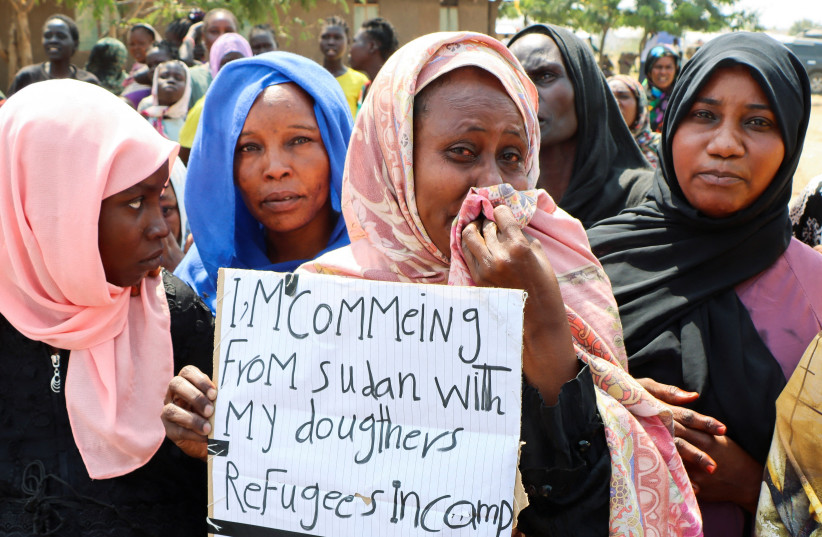Following Monday’s emergency closed-door meeting of the UN Security Council, the United States publicly told the countries supplying weapons to Sudan’s warring factions to cease all sales as “a crisis of epic proportions" is brewing in the divided North African nation.
In Sudan’s westernmost Darfur region, the city of El Fasher is the only capital not yet to be captured by the rebel Rapid Support Forces (RSF). Still, it is nonetheless “on the precipice of a large-scale massacre,” US Ambassador Linda Thomas-Greenfield explained to reporters after the meeting.
Thomas-Greenfield noted that in Darfur, history “is repeating itself” in the vast region made largely up of Sudan’s ethnic minority groups. Alluding to the genocide that ravaged Darfur more than two decades ago, the US ambassador added that there are “credible reports” that the RSF is raiding and pillaging villages near El Fasher and that an attack on the city is “imminent.”
What is the state of the crisis in Sudan?
Two million Sudanese civilians live in El Fasher, and another 500,000 internally displaced refugees have sought safety in the city.

In the early 2000s, a coalition of Janjaweed Arab militias led a violent armed campaign against the predominantly East and Central African populations of Darfur that left over 300,000 dead and about 2.7 million displaced.
While the US ambassador did not speak directly to any of the countries accused of arming the RSF or the government-led Sudanese Armed Forces, reports have emerged that Russia’s Wagner mercenary group has supported the RSF and that military aid is flowing from Chad, Libya, and South Sudan as well. Similarly, the United Arab Emirates has also been accused of funneling weapons into Sudan, a charge that the UAE denies.
